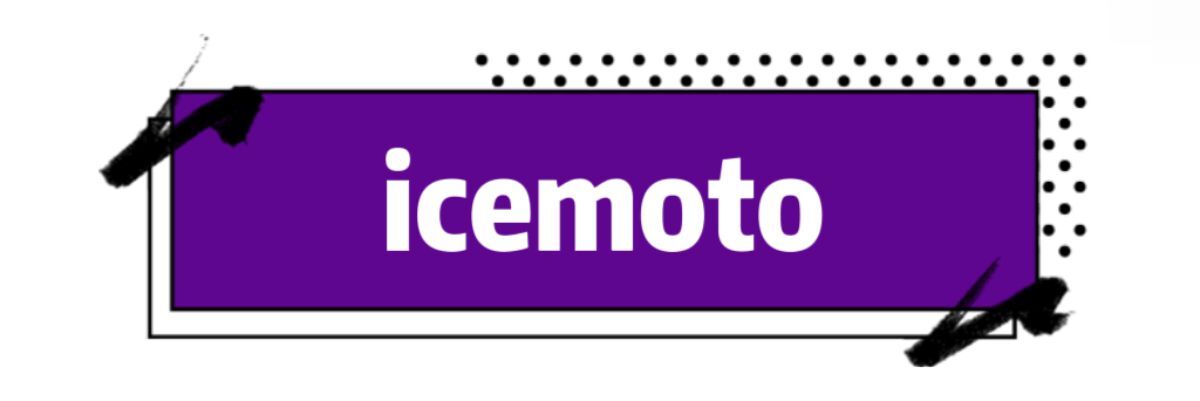Toyota Suspension Parts: OEM vs Aftermarket - Which Wins?
When it comes to maintaining your Toyota, one of the most critical systems to consider is the suspension. The suspension affects everything from ride comfort to handling and safety. As you contemplate upgrades or replacements, you may wonder whether to opt for OEM (Original Equipment Manufacturer) parts or aftermarket components. This article aims to delve into the differences between these two options and help you make an informed decision.
Contact us to discuss your requirements of TOYOTA suspension parts. Our experienced sales team can help you identify the options that best suit your needs.
Understanding OEM Suspension Parts
What Are OEM Parts?
OEM parts are manufactured by the same company that produces the original components for Toyota vehicles. These parts meet the exact specifications set by the manufacturer, ensuring compatibility and reliability.
Advantages of OEM Parts
Quality Assurance: OEM parts are designed to fit perfectly and function as intended. This means you’re getting quality that aligns with Toyota's high standards.
Warranty Protection: Most OEM parts come with a warranty, providing peace of mind that your investment is protected against defects.
Resale Value: Vehicles with genuine OEM parts tend to retain a higher resale value. Buyers often prefer a car that has not been modified with non-standard components.
Disadvantages of OEM Parts
Higher Cost: OEM parts can be significantly more expensive compared to aftermarket alternatives, which can be a downside for budget-conscious consumers.
Limited Options: Depending on the part you need, you may find that OEM offerings are somewhat limited. This can restrict your ability to customize or improve your vehicle.
Exploring Aftermarket Suspension Parts
What Are Aftermarket Parts?
Aftermarket parts are produced by companies other than the original vehicle manufacturer. These parts can range from being direct replacements to high-performance upgrades.
Advantages of Aftermarket Parts
Affordability: One of the most appealing aspects of aftermarket parts is their price. They often come at a lower cost than OEM alternatives, which can help you save money.
For more information, please visit Yunqi Automobile Parts.
Variety and Customization: Aftermarket companies offer a wide range of products. Whether you’re looking for performance enhancements, aesthetic upgrades, or durable replacements, the options are plentiful.
Potential for Improved Performance: Some aftermarket parts are designed to enhance your vehicle's performance. This can lead to better handling, increased ride comfort, or improved stability.
Disadvantages of Aftermarket Parts
Quality Variability: Because there are numerous manufacturers, the quality of aftermarket parts can be inconsistent. Some may not meet the high standards set by OEM parts, leading to potential issues down the line.
Warranty Concerns: Depending on the manufacturer, installing aftermarket parts can sometimes void your vehicle's warranty. Always check your warranty terms before making a purchase.
Installation Challenges: Some aftermarket options may require additional modifications during installation, which can lead to extra costs or complications.
Making the Right Choice for Your Toyota
Consider Your Needs
When deciding between OEM and aftermarket suspension parts, consider your specific needs. Are you focused on maintaining the original feel of your Toyota, or are you looking for performance improvements? Understanding your priorities can significantly influence your decision.
Assess Your Budget
If you're working with a tight budget, aftermarket parts may seem more appealing. However, keep in mind the long-term implications of your choice. Saving money upfront may lead to higher repair costs if the parts fail sooner than expected.
Seek Expert Advice
Consulting with a professional mechanic can offer valuable insights, especially if you’re unsure about which option to choose. They can provide recommendations based on their experience working with different brands and types of suspension components.
Conclusion
Both OEM and aftermarket suspension parts have their pros and cons. OEM parts guarantee reliability and quality but come at a higher price, while aftermarket options provide a range of choices and budget-friendly pricing. Ultimately, your decision should reflect your personal preferences, driving style, and budget. Whether you go with the tried-and-true original parts or opt for an aftermarket alternative, taking the time to research and consider your options will ensure you make the best choice for your beloved Toyota.
Link to Yunqi Automobile Parts

